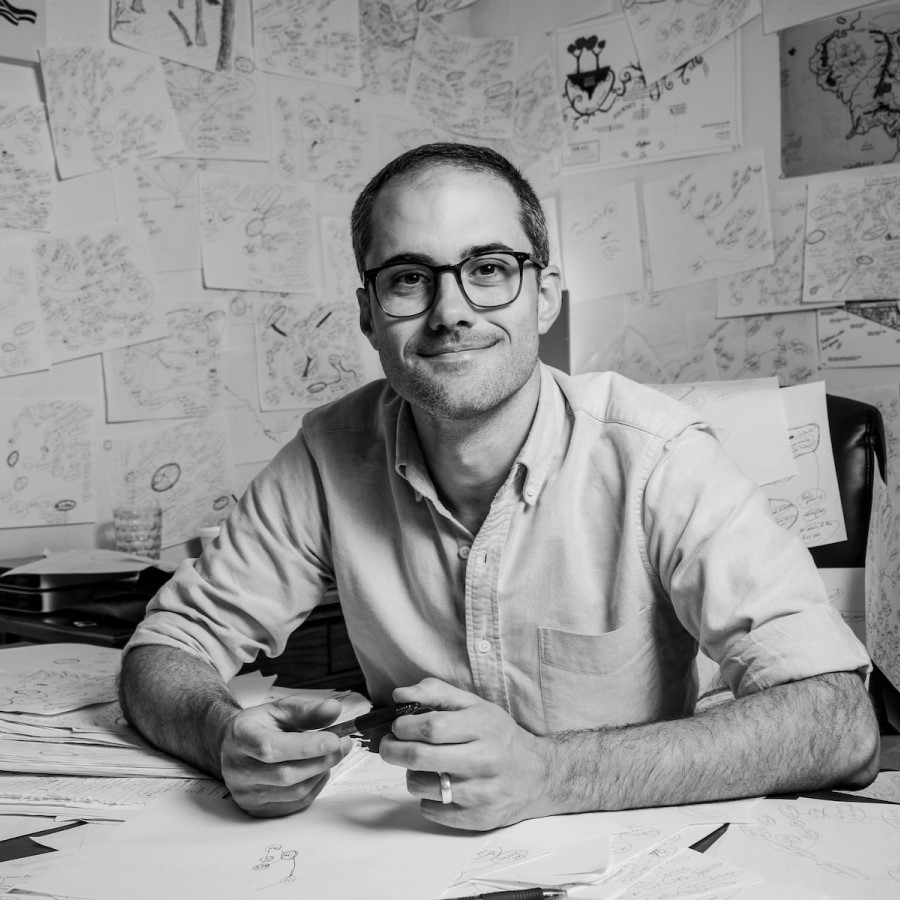7/19/2016: Creating By Writing
I wonder if, perhaps, my vision should not be one of writing so much as of creating. That is, I write to create. I could do other things that are creative as well. The creating is the thing, and the creating makes writing so much more wholesome to the reader.
What’s more, what if I focus all of my creation on a single point, a single secondary world and all of the laws and guidelines and mythologies therein. Wouldn’t that world be the richer for it? Wouldn’t it be more worthwhile, more engaging, more true to life and full of meaning for others (and for myself)?
Look at Tolkien’s world. His business was to create. Stories, yes, but by them he created a world, and from this world, he tells the stories that move us.
I like the idea of creating a world, and I think it’s an ideal worth pursuing. In fact, some of what I have created in the past has come to be the foundation for what I am currently writing. Perhaps this can be my starting point.
I would have to publish as I created, though not all of what I create will be publishable (assuming any is).
Of course, the downside of publishing prior to the finalizing of a world is that I can’t easily go back and edit what I’ve published if I find that the world needs changing.
Another downside—what if I get tired of my world? I read that Rowling got kind of burned out during Order. Though, with her new work on the horizon, it seems that she couldn’t stay away.
One could also look at Rowling as an example, though her progress differs greatly from Tolkien. Where he created separate mythologies and romances to bedeck his world, she created seven stories, and her world feels quite full (though perhaps not as full). I wonder how much behind-the-scenes worldbuilding she did.
But my point is this—don’t try to copy Tolkien. He did what was natural for him. For instance, he was obsessed with the languages of Middle Earth. I couldn’t do that, and I am not naturally drawn toward them. Don’t try to copy Rowling either. But perhaps a rich, developed world is worth pursuing, however I end up developing it.
Of importance in a secondary world is the appearance of historicity. That was Tolkien’s goal for his languages, or at least one of them, and I assume for his development of mythologies. Rowling also accomplished this by her exploration of government and of the school’s legacy. It’s also interesting to note that her use of names had the similar effect of consistency that Tolkien’s did, though of course without anywhere near as much development. She does it by means of what appears natural English charm and playfulness. All of her names have it, and the older ones have the air of such.
